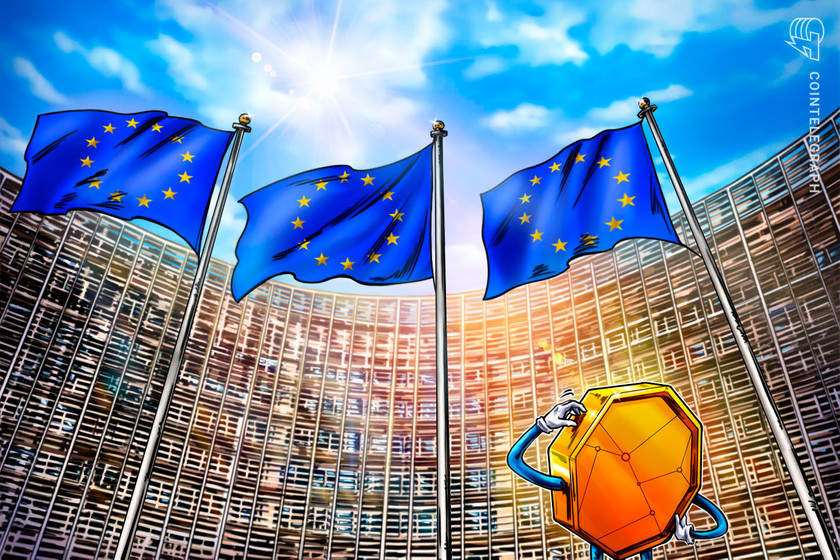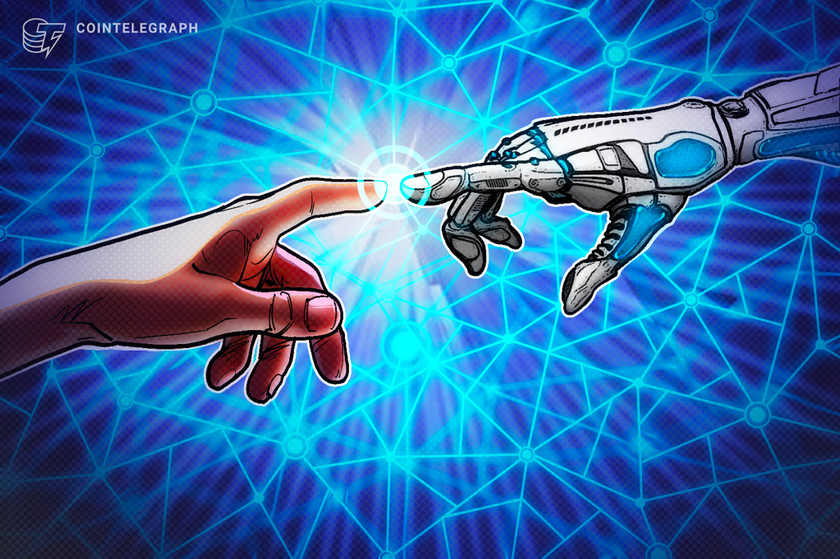Nym co-founder and Chelsea Manning discuss decentralization and privacy


Nym co-founder Harry Halpin and security and hardware consultant Chelsea Manning chat with The Agenda about privacy and the benefits of a decentralized VPN.
Users’ data privacy and the growing need for it to be protected is a topic that people worldwide are reminded of on a near daily basis. For example, just two days ago, on Dec. 11, Toyota warned customers about a potential data breach, stating that “sensitive personal and financial data was exposed in the attack.”
Hacks, breaches and exploits happen so often that one could jokingly say that user data breaches rival the rugs and protocol exploits that crypto is infamous for. To name a notable few, there was the Kid Security parental control app hack, which resulted in 300 million data records being compromised.
Consumer genetics and research company 23andMe had a breach in October that put 20 million records at risk. Even MGM was hacked in September, and estimates suggest that the hack cost the production studio at least $100 million.















